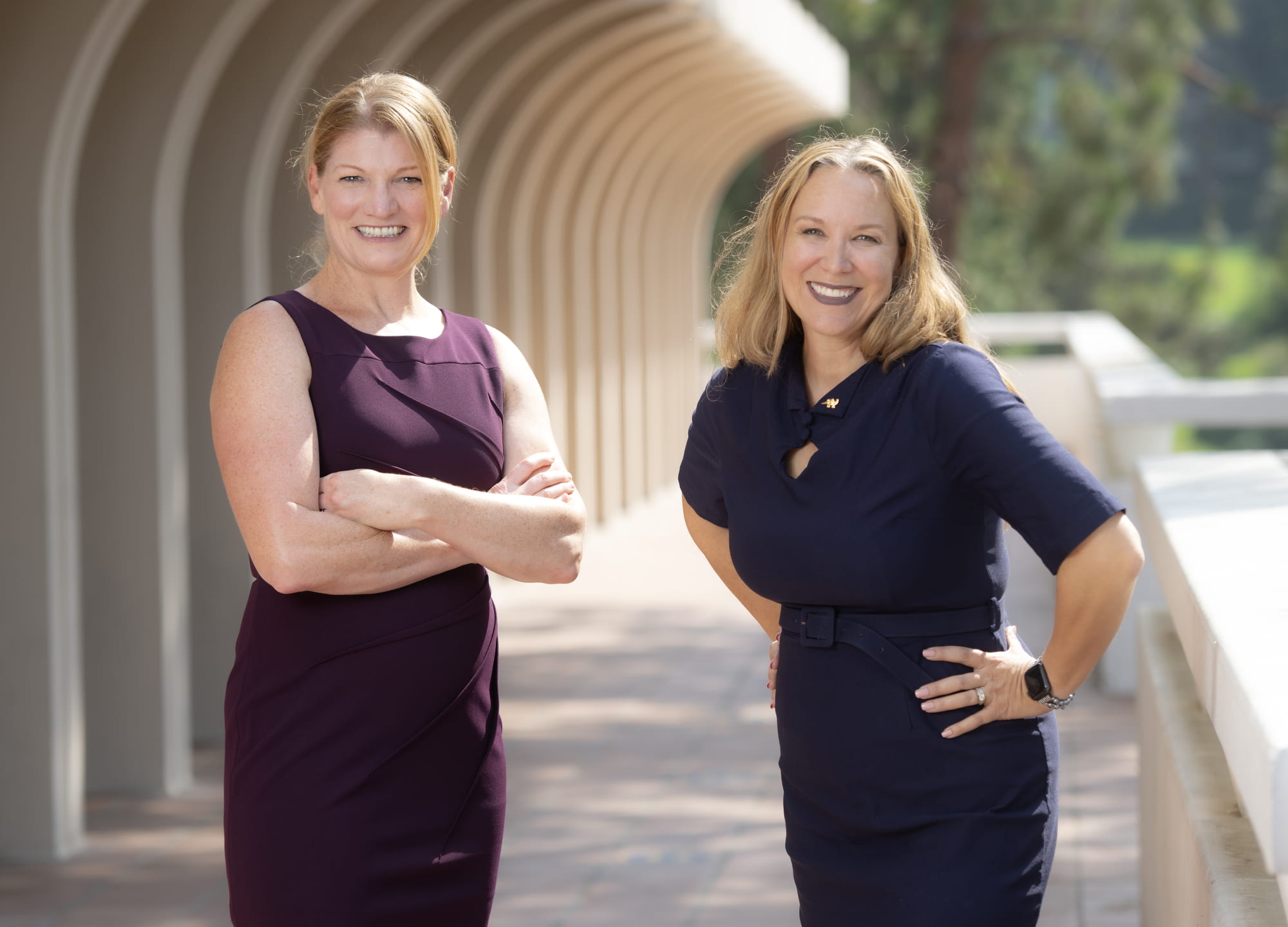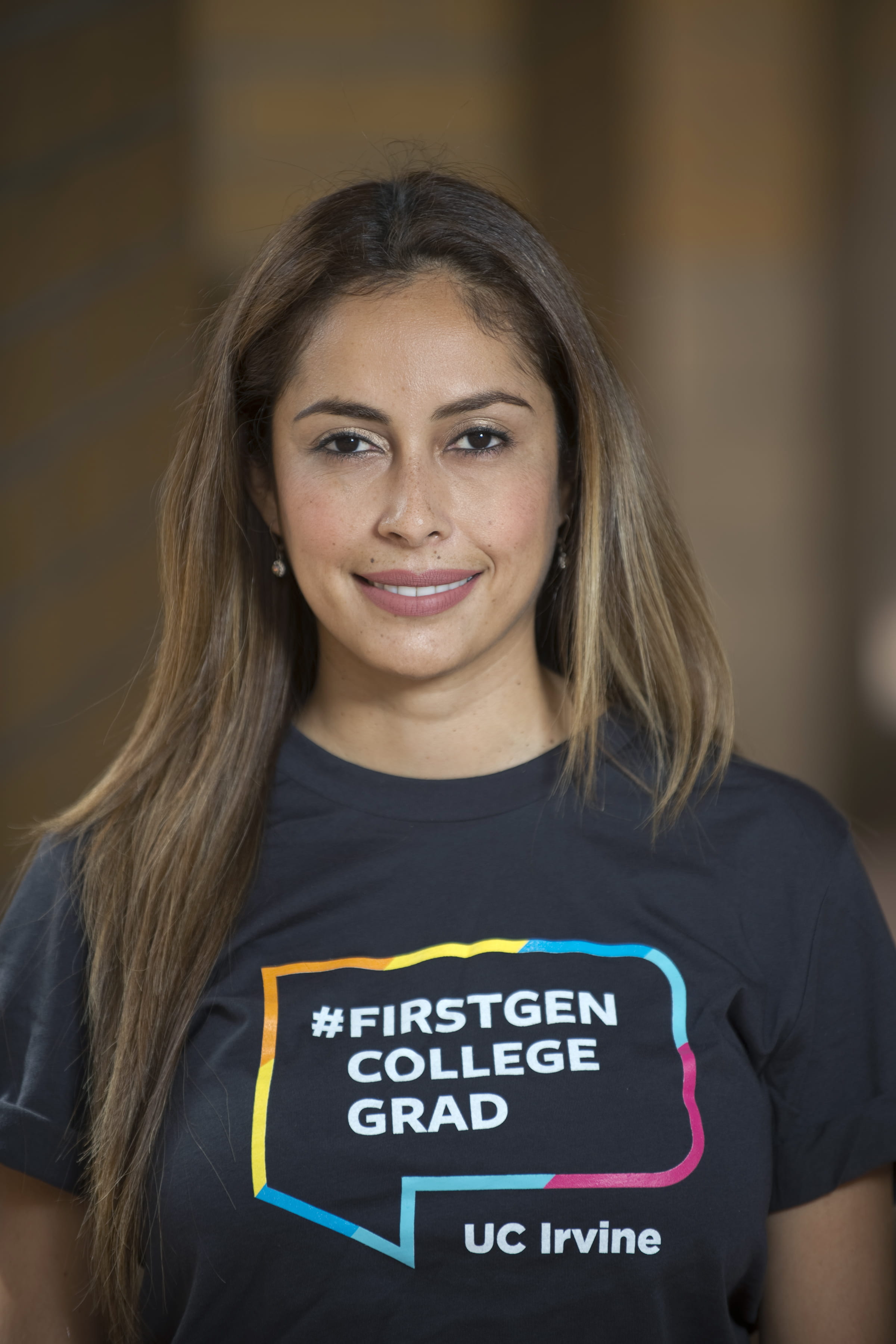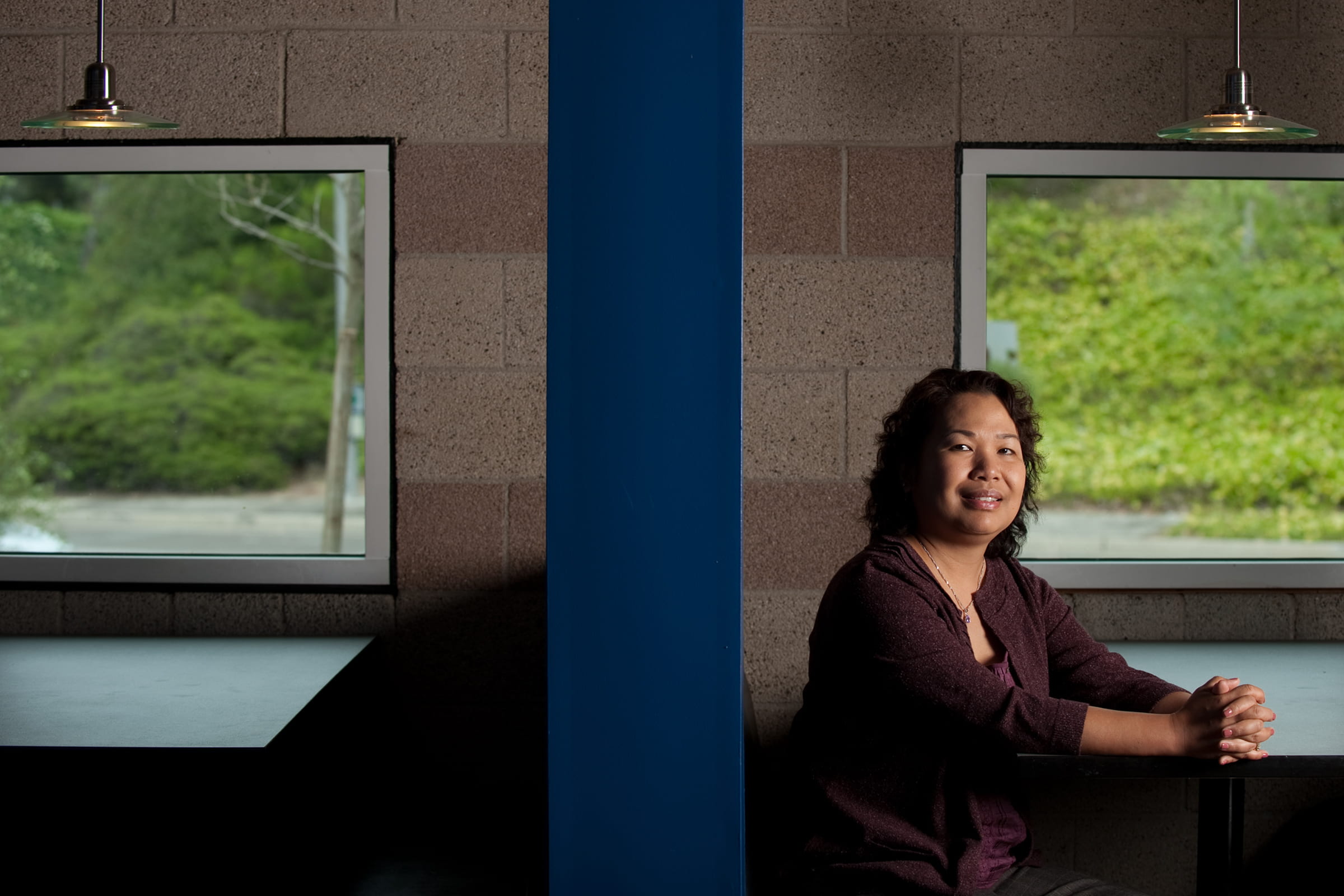Jacobs Foundation awards UCI $11 million to improve digital technologies for children
University-led international network of leading scholars will work to advance learning

Irvine, Calif., Sept. 7, 2021 – In its latest commitment to advancing learning, the Jacobs Foundation has awarded a five-year, nearly $11 million grant to the University of California, Irvine for the creation of a collaborative network to help tailor digital technologies for children. Connecting the EdTech Research EcoSystem will bring together global leaders in computer science, psychology, neuroscience, education and educational technology in pursuit of this goal.
“Now more than ever, we need to marshal the brightest minds and best science to support children who are growing up in an increasingly digital and unequal age,” said Candice Odgers, UCI professor of psychological science, who will head CERES along with Gillian Hayes, UCI vice provost for graduate education and dean of the Graduate Division. “We are grateful for the Jacobs Foundation’s many investments in improving the lives of children and for the opportunity to direct this initiative here at UCI.”
Digital experiences had become a common part of how children learn, play and socialize well before the COVID-19 pandemic. In March 2020, youngsters worldwide were moved almost overnight out of their classrooms and into online spaces to learn and socialize. Now, as school doors begin to reopen and children reunite with teachers and friends, most will also continue to learn and socialize online. Young people represent 1 in 3 users of the internet globally. Yet online spaces and tools are often not designed to offer kids the types of support and opportunities for learning that they need.
CERES will address this issue to reduce growing inequalities in access. The network will place children and evidence at the center of the digital equations so critical in predicting their success. Experts will push scientific boundaries to identify unique chances for intervention and for improving youngsters’ learning and future lives.
The initiative will also lay a foundation for future researchers working across multiple disciplines in academia and industry. “The CERES network is a rare opportunity to make life-changing impact, contribute to cutting-edge scientific research and train the next generation of interdisciplinary scholars in this space,” Hayes said.
With its Strategy 2030 campaign, the Zurich-based Jacobs Foundation has committed more than $545 million to advancing learning and education around the globe over the next 10 years. CERES is one of three educational technology initiatives the foundation hopes will change the fortunes of children by leveraging new technologies and improving the digital world.
“Robust science needs to play a key part in how ed tech products are designed and deployed,” said Simon Sommer, co-CEO of the Jacobs Foundation. “The current momentum presents an enormous opportunity to influence the direction of the ed tech industry to be a force of positive change in education.”
Pramod Khargonekar, UCI vice chancellor for research, said: “I am absolutely delighted that the Jacobs Foundation has selected Professors Hayes and Odgers – and UCI – for leading interdisciplinary research on critical issues in online learning and health of children and educating the next generation of innovators and leaders. The CERES network will make great contributions to the future of children all over the world.”
CERES includes other leading scholars at UCI, including co-investigators Stacy Branham, assistant professor of informatics, and Stephen Schueller, associate professor of psychological science. It will be further strengthened through partnerships with Carnegie Mellon University; the University of California, Berkeley; Germany’s Leibniz Institute for Research and Information in Education; the Singapore Institute for Clinical Sciences; the University of Cambridge; the University of Washington; and Canada’s Western University.
About UCI’s Brilliant Future campaign: Publicly launched on Oct. 4, 2019, the Brilliant Future campaign aims to raise awareness and support for UCI. By engaging 75,000 alumni and garnering $2 billion in philanthropic investment, UCI seeks to reach new heights of excellence in student success, health and wellness, research and more. Learn more by visiting brilliantfuture.uci.edu.
About the University of California, Irvine: Founded in 1965, UCI is the youngest member of the prestigious Association of American Universities and is ranked among the nation’s top 10 public universities by U.S. News & World Report. The campus has produced three Nobel laureates and is known for its academic achievement, premier research, innovation and anteater mascot. Led by Chancellor Howard Gillman, UCI has more than 36,000 students and offers 224 degree programs. It’s located in one of the world’s safest and most economically vibrant communities and is Orange County’s second-largest employer, contributing $7 billion annually to the local economy and $8 billion statewide. For more on UCI, visit www.uci.edu.
About the Jacobs Foundation: Headquartered in Zurich, the Jacobs Foundation is one of the world’s leading foundations in the field of child and youth development. Established by entrepreneur Klaus J. Jacobs and his family in 1989, the foundation currently has an endowment valued at about $7.7 billion. As an internationally active organization, the Jacobs Foundation commits an average annual budget of about $60 million to support research and programs in the fields of learning and child and youth development. For more on the Jacobs Foundation, visit www.jacobsfoundation.org.
Media access: Radio programs/stations may, for a fee, use an on-campus ISDN line to interview UCI faculty and experts, subject to availability and university approval. For more UCI news, visit wp.communications.uci.edu. Additional resources for journalists may be found at communications.uci.edu/for-journalists.


